CASA & University Courses
You are required to enroll in three to four University courses to receive full academic credit, choosing from a combination of courses/subjects offered through the CASA Chile partner universities, as well as the CASA Chile Pro-Seminar taught at the CASA Chile Center.
-
You will select your university courses from extensive course offerings at UCh, PUC, and/or UDP. Please consult the following guide, and please keep in mind that these lists are not exhaustive, rather an example of courses that students have enrolled in during past semesters.
-
You may need to refer to courses from a previous academic year, making sure that you select courses offered during the relevant semester.
-
Courses may be limited in space availability and/or may require prerequisites; therefore, you should compile a preliminary list of 9 to 10 courses that can be narrowed down to a final course load of 3 to 4 courses. These courses can be taken at one university, or across all three.
-
Final course selection and enrollment will take place after arrival
-
You should refrain from taking online classes as part of your coursework to align with CASA Chile’s immersive nature and program objectives. Please confirm with your home institution if virtual coursework is permitted.
-
It is essential for you to have your course selection approved by your home school academic advisor to ensure that credit will be awarded for your chosen courses.
-
You can find a list of past courses taken by CASA Chile students [here].(https://drive.google.com/file/d/1ZXi9EOloIYveGChdkGPirIPDSNJ4TB0s/view?usp=sharing)
Pro-Seminar Course
One of the hallmarks of the CASA Chile program is the Pro-Seminar, a required part of your full course load. Taught at the CASA Chile center, students can dive deep into the Chilean local context through lectures from leading experts, including visiting Harvard faculty, in education, health, indigenous rights, environment and sustainability movements, political and economic effects of globalization on Latin America, and many more. In addition to bi-weekly lectures, you will engage in required cultural activities and excursions, bringing the contents of the Pro-Seminar to life.
Methodology
Each Pro-seminar class will take place at the CASA Chile center and will consist of small seminar-style discussion with professors and experts. Students are expected to participate in each session, asking questions and engaging in discussion with the faculty and CASA Chile peers. You will be expected to keep a journal reflecting on the session and corresponding Pro-seminar excursion, submitted to the CASA Chile Resident Director at the end of the semester. You will be expected to conduct a research project and paper, which will be presented to the At CASA Chile cohort and Pro-Seminar faculty during a special Pro-Seminar Research Project symposium.
Past Pro-Seminar topics include:
-
Changes in Contemporary Chilean Politics: protests, constitution, education and health
-
The Extraction Development Model and its Disadvantages
-
Social Politics and Inclusion: Education, Poverty and Health
-
Sustainable Development and the Environment
-
Social Movements
-
The Fight for Indigenous Rights
-
Memory, Human Rights and Transitional Justice
-
Immigration
-
Environment and sustainability in Chile
-
Urban Sociology: Territory, Segregation and Inequality
-
Culture: film, theatre, music and art
General Objectives
- Understand Chile’s most pressing social problems
- Examine the political and economic effects of globalization on Latin America
- Understand the region’s current cultural/political situation
Please find a past Pro-seminar course syllabus here.
Partner Institution Courses
The CASA Resident Director assists each student with their course enrollment at Santiago's top local universities. Students must have their class selections approved by their home university to ensure credit transfer for their courses. In addition to the Pro-seminar, students enroll in 3-4 other courses at one or more of three top local universities: Universidad de Chile (UCH), Pontificia Universidad Católica de Chile (PUC), and Universidad Diego Portales (UDP).
Pontificia Universidad Católica de Chile (PUC)
With approximately 25,400 undergraduates, UC’s 18 faculties are scattered among four campuses and specialize in various areas of the sciences, arts, and humanities, contributing research in social sciences, natural sciences, health, economics, agriculture, philosophy, theology, and arts and letters. Highly ranked in Economics and Mathematics, UC is known for its exceptional, first-rate education with an emphasis on tradition.
View the PUC course catalog here.
Universidad de Chile (UCh)
With approximately 29,000 undergraduates, UCh continues to stand as the main Chilean institution in scientific and technological research. With 14 faculties distributed among five campuses scattered about the city, UCh consistently ranks internationally among the best universities for its innovation in science, technology, social sciences, and the arts.
View the UCh course catalog here.
Universidad Diego Portales (UDP)
With approximately 14,400 undergraduates, all of UDP's campuses are located in the downtown historic university neighborhood of Barrio República. Known for its high involvement in the development of social policies, UDP has implemented various research programs in the political and social sciences to find solutions to national public matters. In addition to their outstanding Political Science and Social Science departments, UDP’s schools of Law, Architecture, Psychology, Journalism, Education, and Economics are top-ranked.
View the UDP course catalog here











